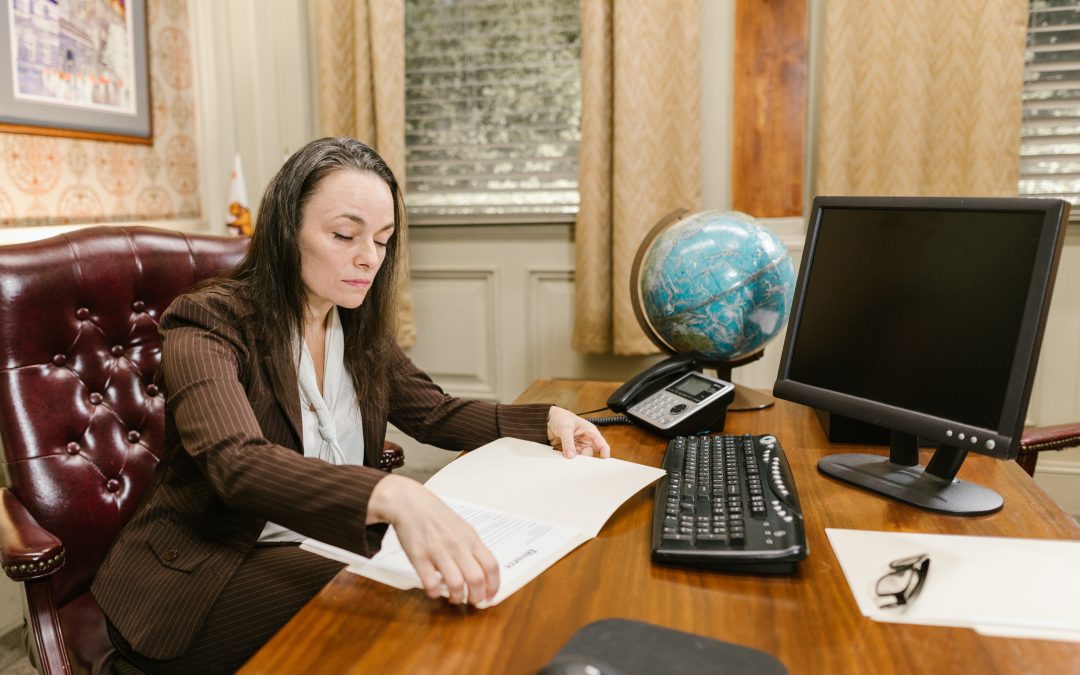Commercial litigation involves a company, partnership, or other business entity, whereas civil litigation includes disputes between people. A firm or entrepreneur may be embroiled in a commercial dispute for various reasons. A commercial dispute governed by federal or state business standards may include one or more businesses. Commercial litigation is a legal process (lawsuit) aimed at settling disagreements between the parties concerned. A commercial issue does not necessarily wind up in court and can occasionally be resolved without the need for a lawsuit.
Types of Commercial Litigation
Commercial litigation comes in a variety of forms. A commercial dispute may be addressed by the corporation or business entity in specific situations. A commercial lawsuit may concern a specific asset, agreement, contract, or product in other circumstances.
Commercial lawsuit examples include, but are not limited to:
- Aviation Disputes
- Business Disputes
- Employment Disputes
- Financial Disputes
- Intellectual Property Disputes
- Internet Disputes
- Landlord/Tenant Disputes
- Mediation Disputes
- Mortgage Foreclosure Disputes
- Patent Disputes
- Power of Attorney Disputes
- Product Liability Disputes
- Real Estate Disputes
- Securities Disputes
- Tax Disputes
- Technology Disputes
- Trademark Disputes
- Trade Secret Disputes
- Partnership Disputes
What Does Commercial Litigation Typically Involve?
When commercial litigation involves a lawsuit, the lawsuit will typically involve a legal claim filed with a court and a counterclaim filed by the defendant. Commercial litigation may also involve a request for a Temporary Restraining Order (TRO) or a preliminary injunction from the court. The court will then have to make a decision regarding the TRO or preliminary injunction, and the court will schedule a trial about the case.
What Happens in Commercial Litigation?
Commercial litigation may involve a variety of phases. However, there are four primary phases that commercial litigation will generally go through:
- Pre-Litigation Negotiations and the Filing of the Lawsuit: Before attorneys are involved in civil lawsuit problems, they are usually discussed to some extent. Some contracts, however, compel the opposing parties to try formal talks or mediation before launching a lawsuit.
- Post-Filing and Discovery: Discovery is the process of gathering evidence and information about the case. Discovery may involve depositions, interrogatories, requests for admissions, and document requests.
- Summary Judgment, Mediation, and Trial: If a judge determines that neither party has enough evidence to win the case, the judge may issue a summary judgment in favor of one of the parties. A mediator may be involved in hopes of settling the lawsuit. If the mediation is unsuccessful, a court trial may be scheduled.
- Post-trial and Appeal: If a party is a winner in the court trial, the parties will have to wait for the judge to announce the case’s conclusion formally and officially enter the judgment on the record. In many cases, the losing party may appeal to a higher court.
How a Commercial Litigation Attorney Can Help
A professional commercial attorney works in the client’s best interests, carefully examining the case to decide the best course of action while minimizing financial and other risks. Once the claim’s potential is evaluated, a professional lawyer advises the client on whether the matter can be resolved outside of court or if a lawsuit is required.
A commercial litigation attorney’s typical tasks include:
- Initial assessment of the case
- Evaluation of all possible courses of action
- Consultation with other legal professionals as needed
- Draft and file court documents
- Communicate and work with the client to resolve the matter
- File a complaint
- Attend mediation when appropriate
- Attend court hearings
- Negotiate a settlement
- Prepare for trial
- Trial preparation
- Attend trial
- Provide supporting evidence for the case
- Review jury verdict
- Appeal trial decision
- If necessary, file post-trial motions
A commercial litigation attorney also helps the client to understand litigation, whether the case is to be settled or goes to trial.
Conclusion
Commercial litigation is a complicated matter and should be handled by a professional. A commercial litigation attorney should be able to handle every aspect of your commercial case, providing you with peace of mind that your best interests are being taken care of.
If you need a commercial litigation attorney in Birmingham, AL, turn to MHM Firm. We passionately seek justice for our clients in state and federal courts in complex business litigation, medical malpractice defense, etc. Contact us today.


Recent Comments